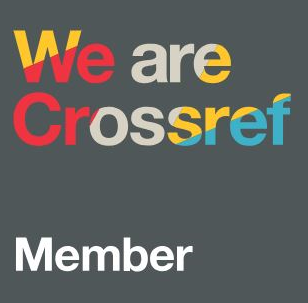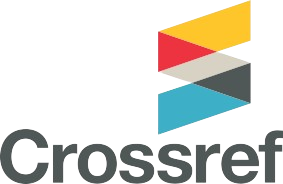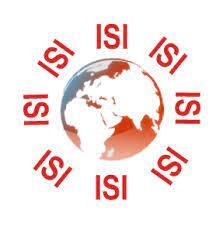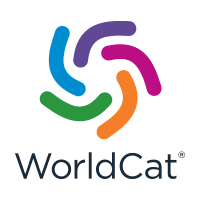THE MOBILE MONEY TRANSFER (E-BUSINESS) IN GAINING COMPETITIVE ADVANTAGE AND MICROFINANCE INSTITUTIONS MFI(S). A CASE STUDY OF SACCOS IN RWANDA
DOI:
https://doi.org/10.62103/unilak.eajst.5.5.85Abstract
This plan is captured in the Rwanda
Vision 2020 under the Economic
development and poverty Reduction
strategy (EDPRS) (MINICOFIN).
It is realized that microfinance is an
important sector in mobilizing saving
and availability of credit and financial
services for investment especially the
small-scaled entrepreneurs.
However, despite all this effort by
Government, the level of domestic
savings remains very low and the
financial inclusion highly alarming,
(Maragia, 2008).
The National microfinance Policy
implementation is in place to promote
investment and contribute to the
eradication of poverty amongst the
population especially the vulnerable
women and youth.
Mobile money as a tool allows
individuals to make financial
transactions using cell phone
technology.
The study will explore how mobile
money transfer (Digital economy) has
gained competitive advantage over
SACCO(s) /microfinance (MFI(s) the
link between the three terms is their
contribution to the overall financial
inclusion.
Mobile money enables the entrepreneurs
to access appropriate financial products
and services at an affordable cost to the
low-income groups.
This study was motivated by the fact that
mobile phones have gained significant
acceptance amongst low income earner
who have embraced the use of
information, communication and
technology (ICT) (competitive
advantage). Which has enhanced ecommerce
services in Rwanda?
Consequently, the contribution of mobile
money transfer to financial services is
improving and enables easy access to
money through lowering the transaction
cost to consumers. The term e-commerce
is abbreviated electronic commerce, thus
business sales and transactions
conducted online. It is at the realm, of
cyberspace, and customer interactions
are virtual not on site or face to face.








